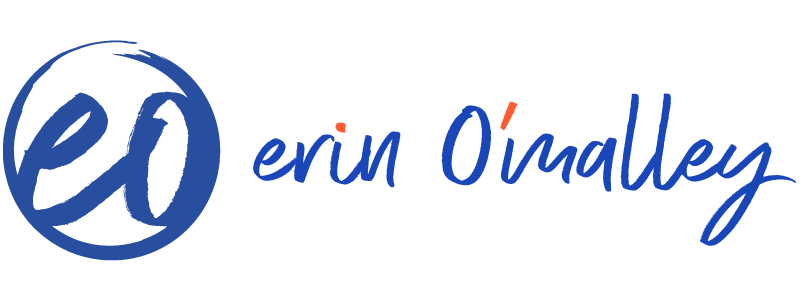The Solution to Sorry: A formula for connection

I am, by no means, a betting lady. However, in this case, I’m prepared to go all in and bet since I threw down the “sorry challenge” you’ve heard the s-word constantly. I’ll leave it up to you to pony up whether you heard it more or said it more after I graciously pointed the overuse of sorry in our daily lives.
Now I am sure you are on the edge of your seats asking for the remedy! What can we do to get rid of this word to bring meaning, engagement, and connection back into our lives? I’ve got your answer.
On the basic and most tactical level, here’s a formula. I want you to think of your brain as that convenient “Search in Document” feature you find in your word processing program. As you realize you are about to utter “sorry”, make like your brain is that search feature and hit the “replace with” option. You’ll then replace “sorry” with “thank you”.
The formula in action:
“Sorry I’m late!” becomes “Hey, thanks for waiting.”
“Sorry for the delay!” is now “Thank you for your patience.”
“Sorry for being such a mess!” sounds like “Thank you for listening and for being there for me.”
The search and replace technique is the first step of sorry elimination. The power is in what comes next.
Earlier I presented my GOOJFC (Get Out Of Jail Free Card) theory behind the overuse of sorry. You say it, and all is forgiven. However, if you think back to your challenge week and one of the times someone stung you with a sorry, I wonder if you were really overcome with forgiveness. Your response probably sounded something along the lines of: It’s fine. No worries. It’s all good. No problem. It’s O.K. Whatever. (All said while rolling your eyes, shrugging your shoulders, or giving a blank stare.)
As I like to say, “fine” is the original f-bomb. When someone tells you they’re fine, you can bet that in all likelihood, they are the exact opposite, and you’d better do something about it.
Where is the disconnect?
It’s right there, staring us in our faces in the language we use. “I am sorry.” It’s all about us and what we are experiencing, putting the person we are apologizing to on the defensive.
When we say sorry, it is all about us.
Our natural response to “I’m sorry” is to accept it and move on—GOOJFC in action. The alternative, yelling, “NO YOU ARE NOT SORRY!” normally ends up nowhere good, nor anywhere we are willing to go. So “fine” it is, and we move on. Frustrated, annoyed, aggravated, and upset.
Let’s take our replacement “thank you” for a spin.
Thank you for waiting. Thank you for your patience. Thank you for listening and for being there.
Can you feel the difference?
When we say thank you, it’s all about them.
When we say thank you, we are acknowledging the other person and our role in the situation we have put them in. Now it is about them, what they are experiencing, and their emotions.
I’m on a mission to get people to engage and connect.
With this simple shift from “sorry” to “thank you”, we automatically engage because the thought goes from being about us, to them. With “thank you”, the possibilities for connection open up. When we are on the receiving end of thank you and acknowledgement, we feel understood and are more likely to feel curious about what the other person feels.
Thank you opens up dialogue and understanding. Sorry shuts down conversation and connection.
Next time you go to whip out your GOOJFC, search and replace your “sorry” with “thank you”. Tap into the difference you feel, notice the reaction of the other person, and explore the possibilities that will open up with this simple shift.

Join My List!
TIPS ON CREATING A “CULTURE OF CONNECTION”
Are you tired of reading the same regurgitated information? Do you want to learn
fresh, new connection tactics that your competition doesn’t know about? Just click the button below to subscribe today to get the latest news, updates and special offers.


I love this. I am going to put the ‘thank you method’ into practice with my friends and clients. It IS making it about them.